
www.insightssuccessmagazine.com





www.insightssuccessmagazine.com



Intoday’shyperconnectedworld,trustisnolongeraluxury—itisa
necessity Asorganizationsacceleratedigitaltransformation, expandtheircloudfootprints,andintegrateAIintoeveryday operations,theattacksurfacehasgrownmoreexpansivethanever before.Cyberthreatshavebecomemoresophisticated,persistent,and indiscriminate.Againstthisvolatilebackdrop,cybersecurityisnotjust atechnicalrequirement—itistheveryfoundationofoperational continuity,customertrust,andbrandintegrity.
TheMostTrustedCybersecurityCompaniestoWatchin2025isa tributetotheorganizationsthatarerisingtomeetthismomentwith innovation,resilience,andunwaveringcommitment.Thesecompanies aremorethandefendersofdata—theyarearchitectsoftrustinanage wheredigitalvulnerabilitiescandismantledecadesofgrowthina matterofmoments.
Whatdistinguishesthemisnotjustcutting-edgetechnology,buta holistic,proactiveapproachtosecuringcomplexecosystems.From zero-trustarchitectureandendpointprotectiontothreatintelligence, cloudsecurity,andidentitygovernance,thesefirmsarehelping enterprisesnavigatealandscapewheretheonlyconstantischange.
Buttrustincybersecuritygoesbeyondthecode.It’sbuiltthrough transparency,swiftresponse,acultureofcompliance,andarelentless focusoncustomerneeds.Thecompaniesfeaturedherehaveearnedthat trust—bystayingaheadofthreats,byinvestinginresearchandtalent, andbydemonstratingthatsecuritycanbebothseamlessandscalable.
Thislistisnotmerelyarecognition—it’sasignal.Asignaltobusiness leaders,CISOs,investors,andinnovatorsthatthesearethecompanies worthwatching,collaboratingwith,andlearningfrom.Inan environmentwhereonebreachcanredefinereputations,these cybersecurityleadersaredefiningwhatsecurityshouldlooklikein 2025andbeyond.
Inspotlightingthem,wecelebratemorethanjusttheirsolutions—we recognizetheirroleinsafeguardingthedigitalfuture.

Trust at the Core –Intertec Systems Building Cyber Resilience for a Secure Digital Tomorrow C O V E R S T O R Y
Behind the Firewall Masters of Cybersecurity Automation Tools
Trusted and Tested Setting New Benchmarks for Data Protection

Art
Business
Business
Digital
Co-designer
Marketing


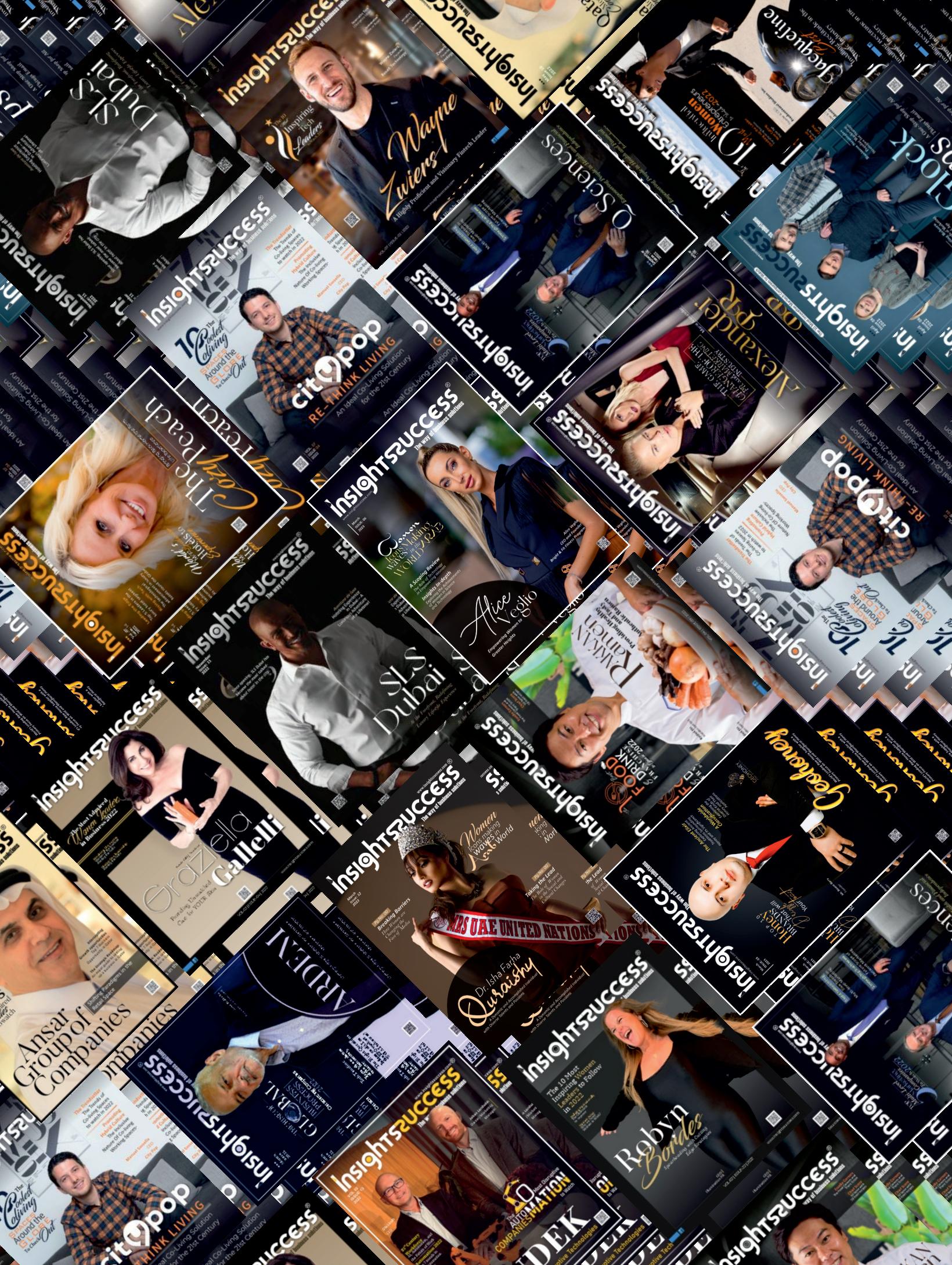
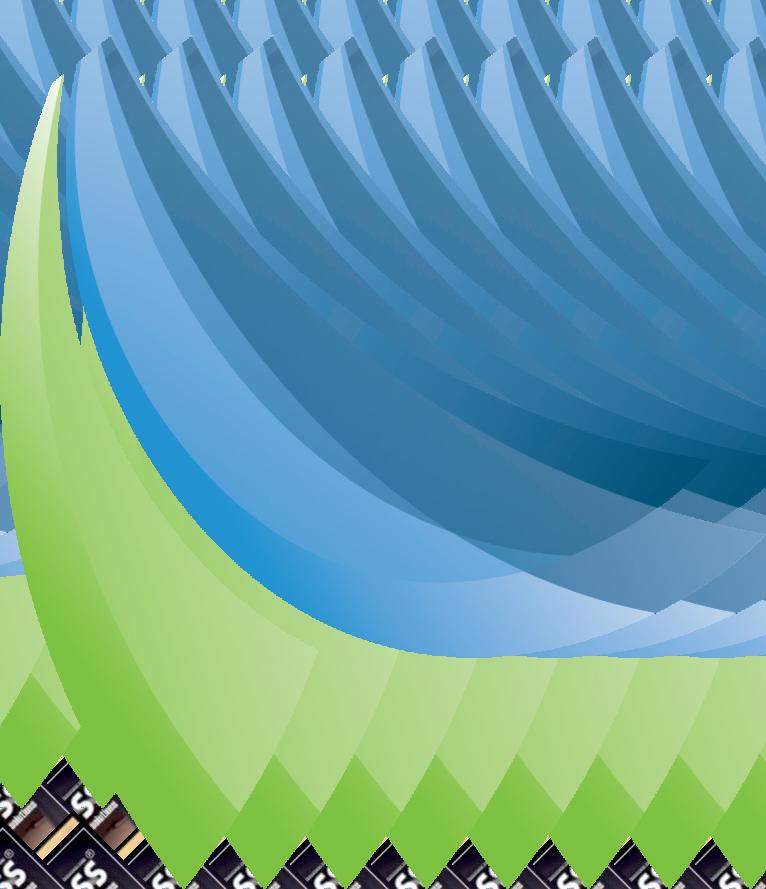





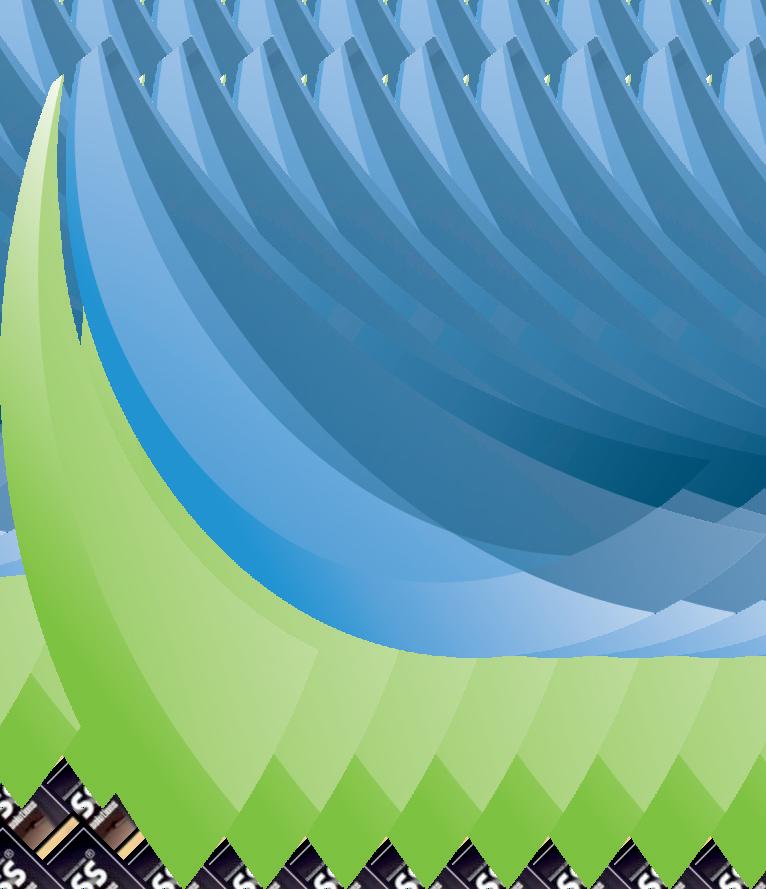
BeyondTrust beyondtrust.com Featuring

Brinqa brinqa.com
Cymulate cymulate.com
Intertec Systems intertecsystems.com
Janine S. CEO
Transmit Security transmitsecurity.com
Dan Pagel CEO
Eyal Wachsman CEO Shailendra Agarwal
Senior Vice President Mickey Boodaei CEO
BeyondTrust is a global leader in intelligent iden�ty and access security, helping organiza�ons stop cyber threats while enabling secure, agile business opera�ons.
Brinqa is a cybersecurity knowledge pla�orm that empowers organiza�ons to make smart, risk-aware decisions by unifying security, business, and threat intelligence.
Cymulate is a pioneer in exposure management and breach and a�ack simula�on (BAS), helping organiza�ons con�nuously challenge, validate, and op�mize their cybersecurity posture.
Commi�ed to excellence and client success, Intertec blends domain exper�se with deep technical know-how to address complex business challenges and unlock sustainable growth.
Transmit Security is a pioneering cybersecurity company redefining the landscape of iden�ty and access management (IAM) with a mission to eliminate passwords and deliver seamless, secure digital experiences.

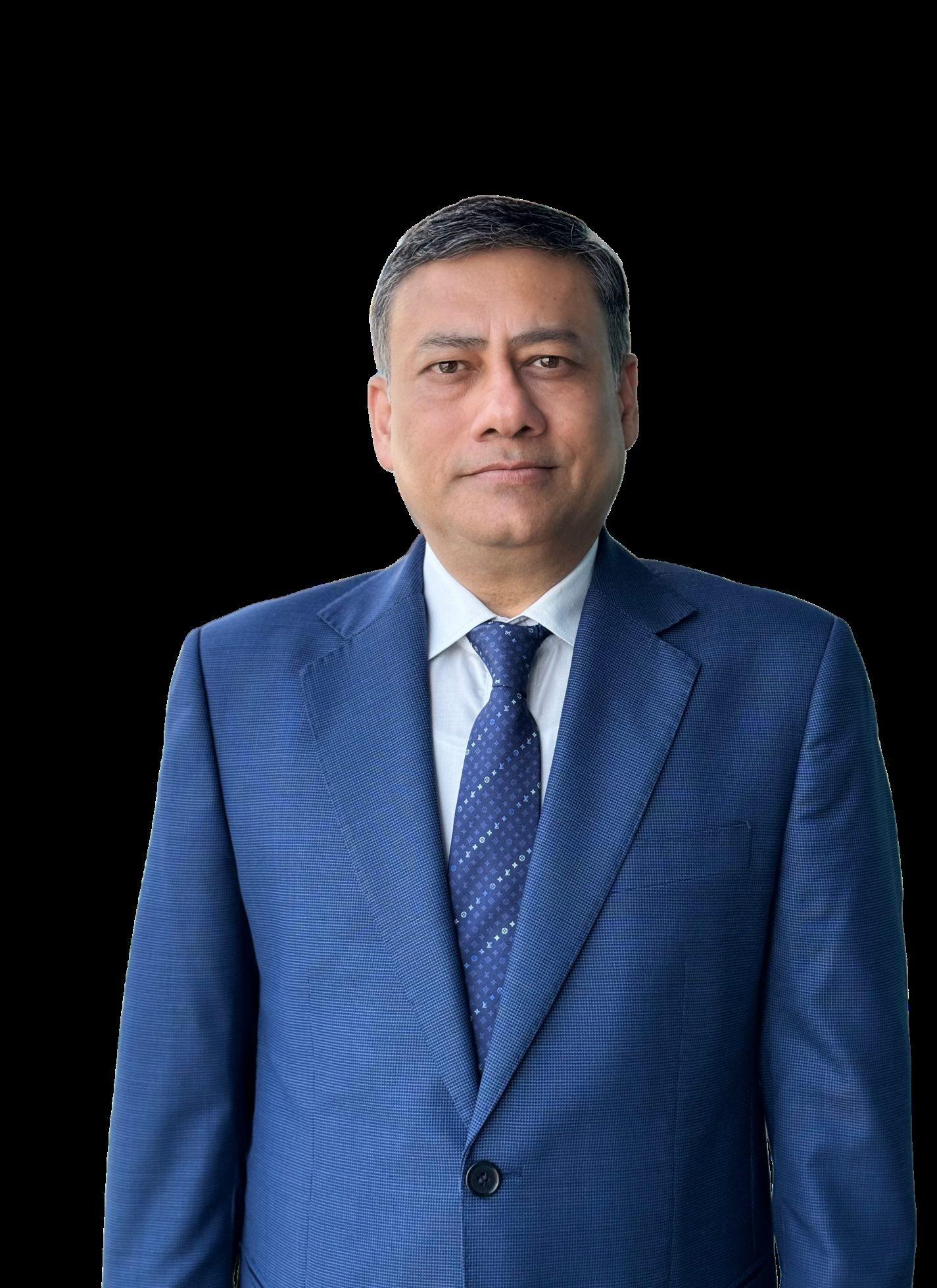
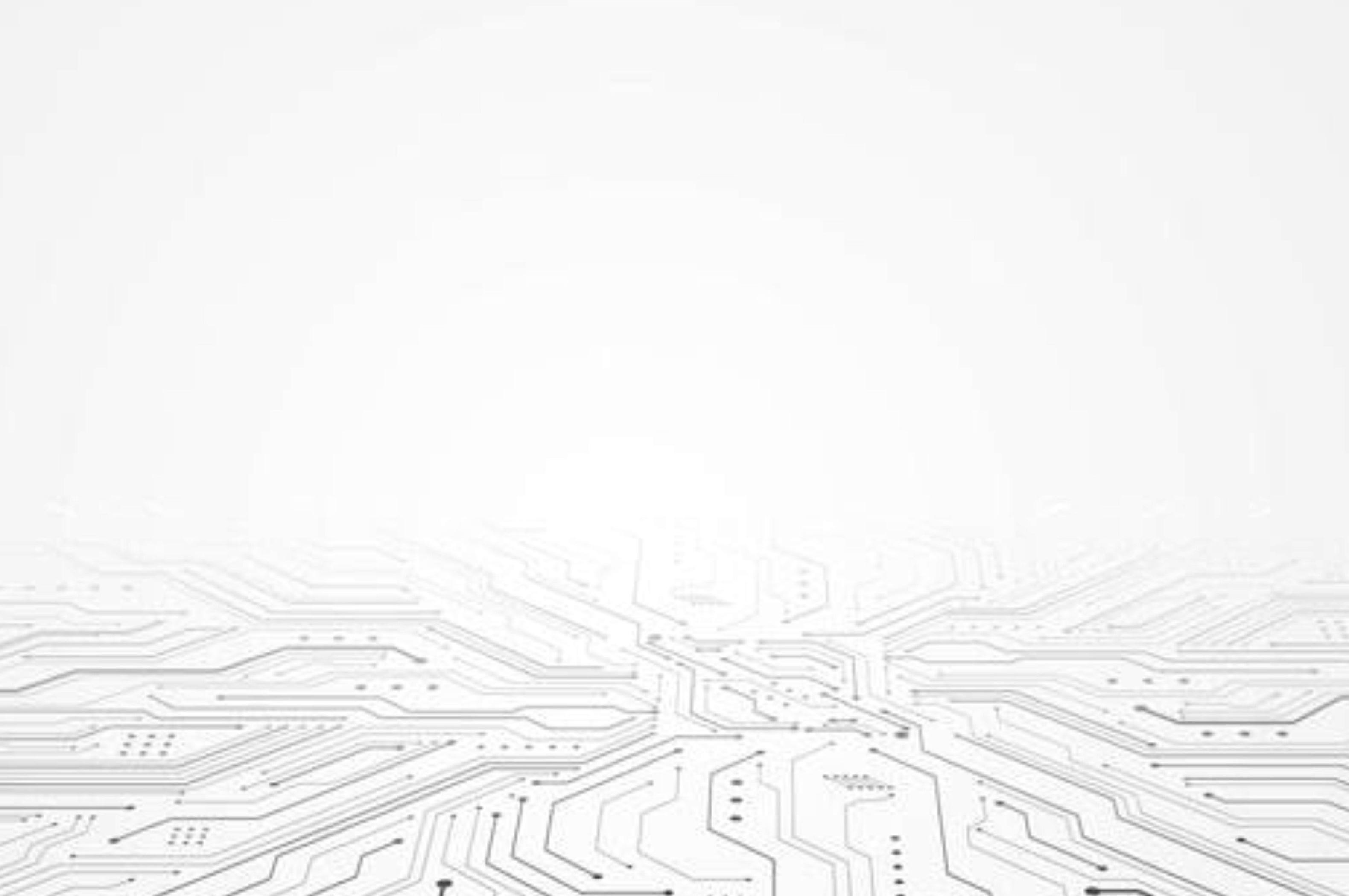





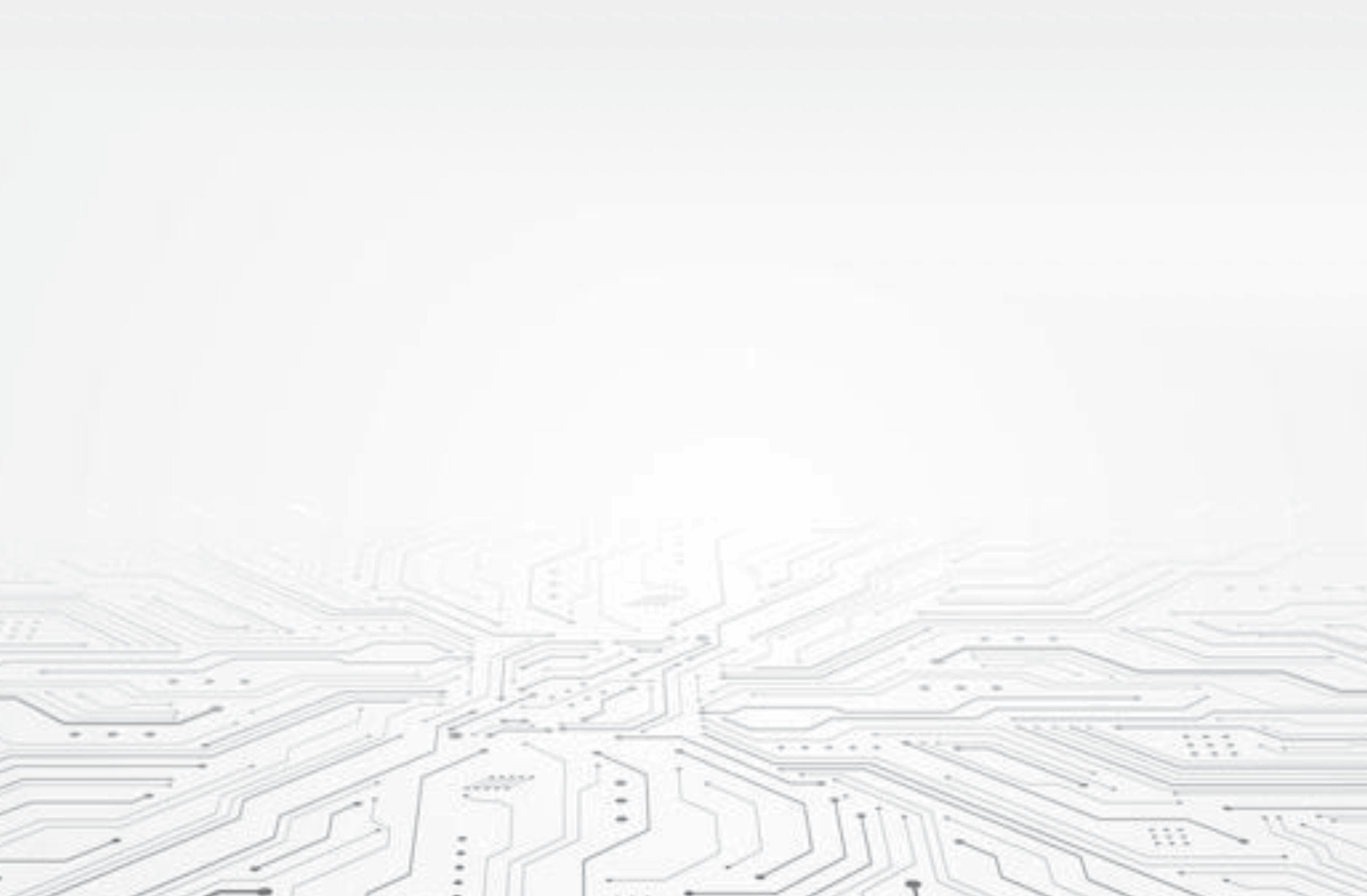
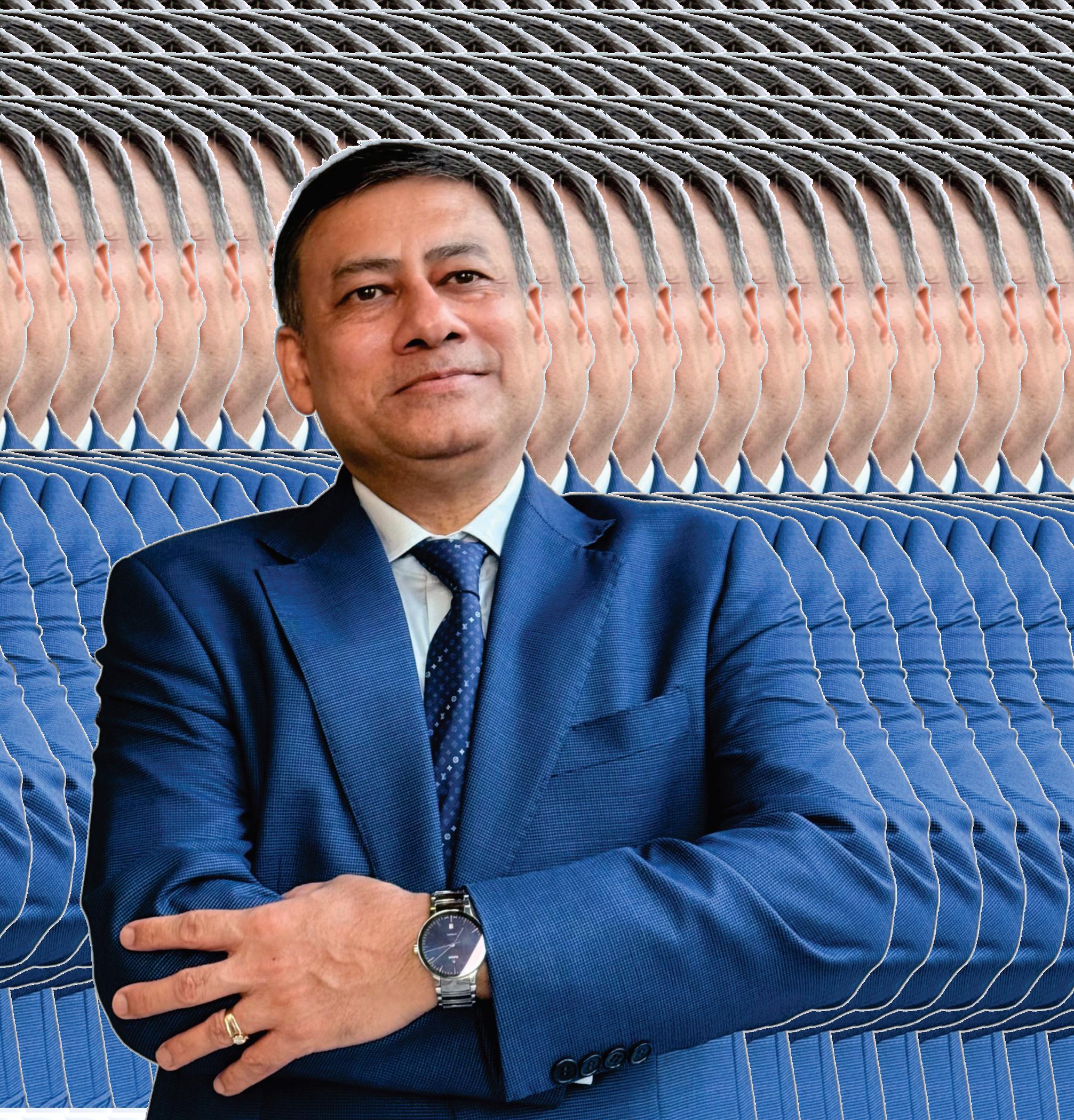





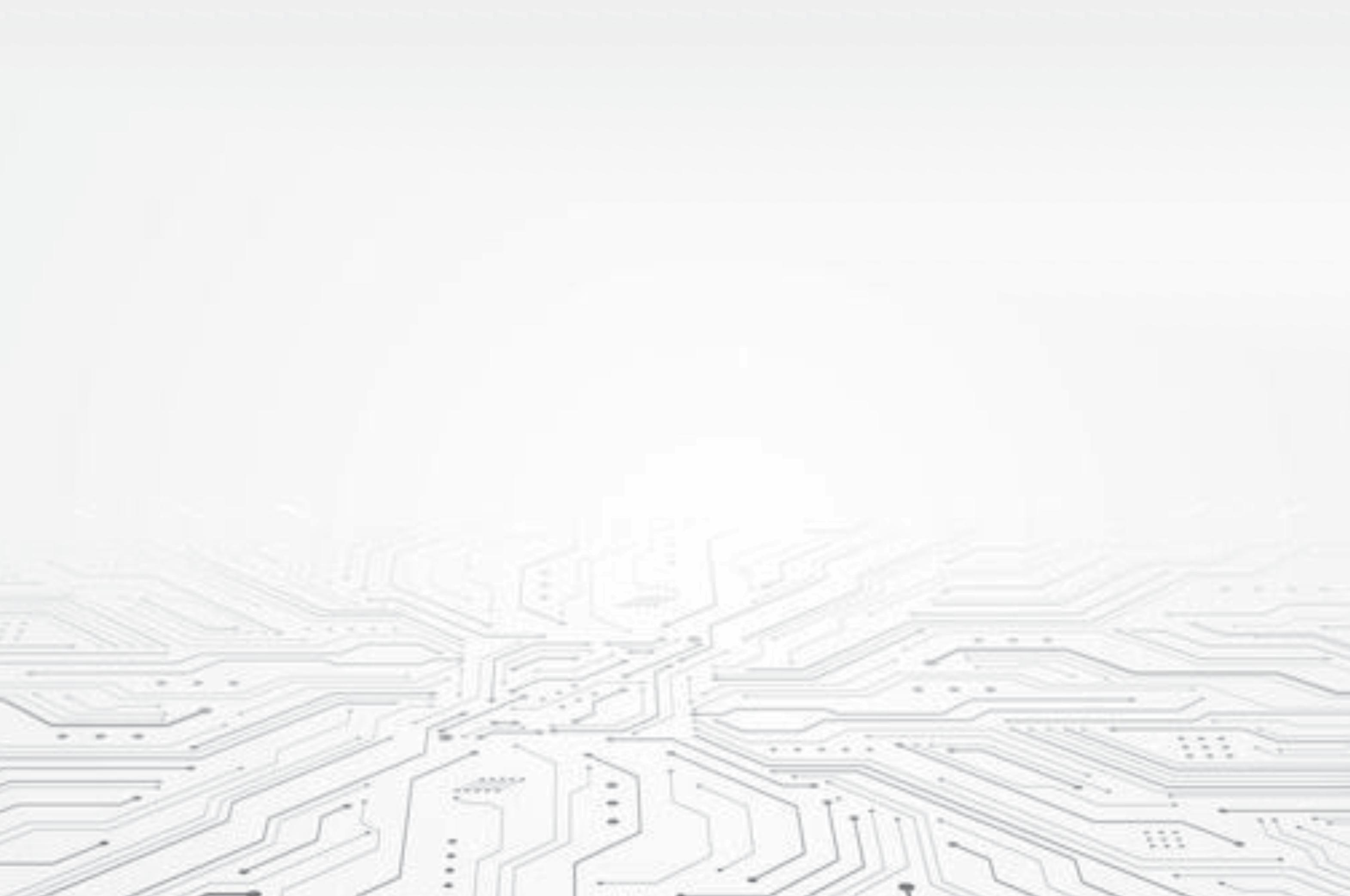




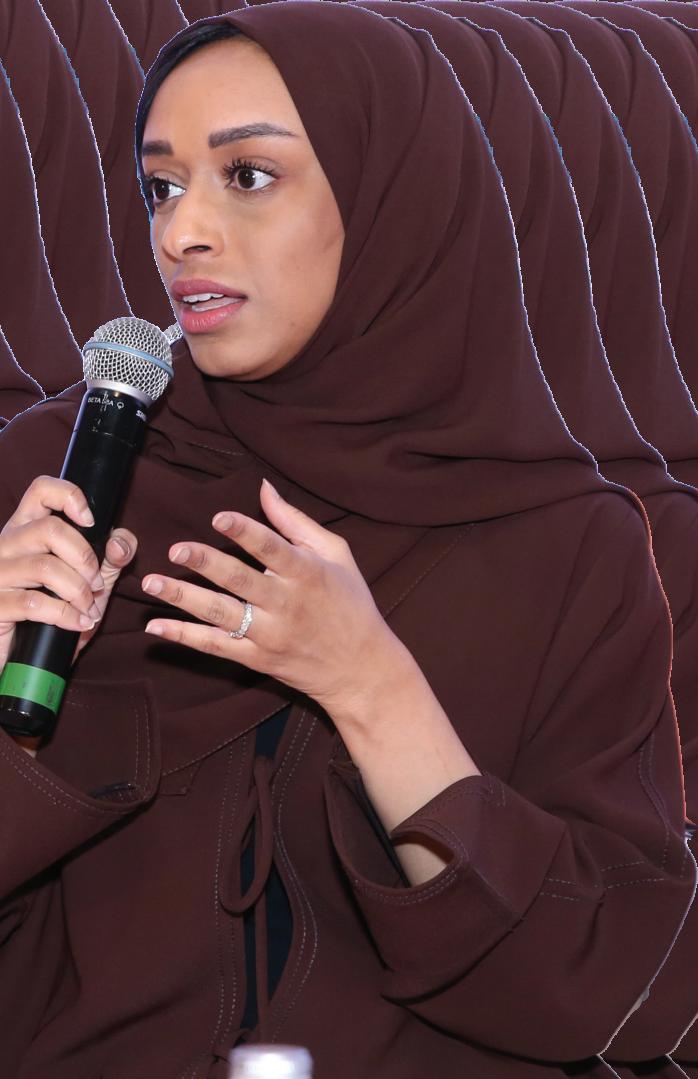



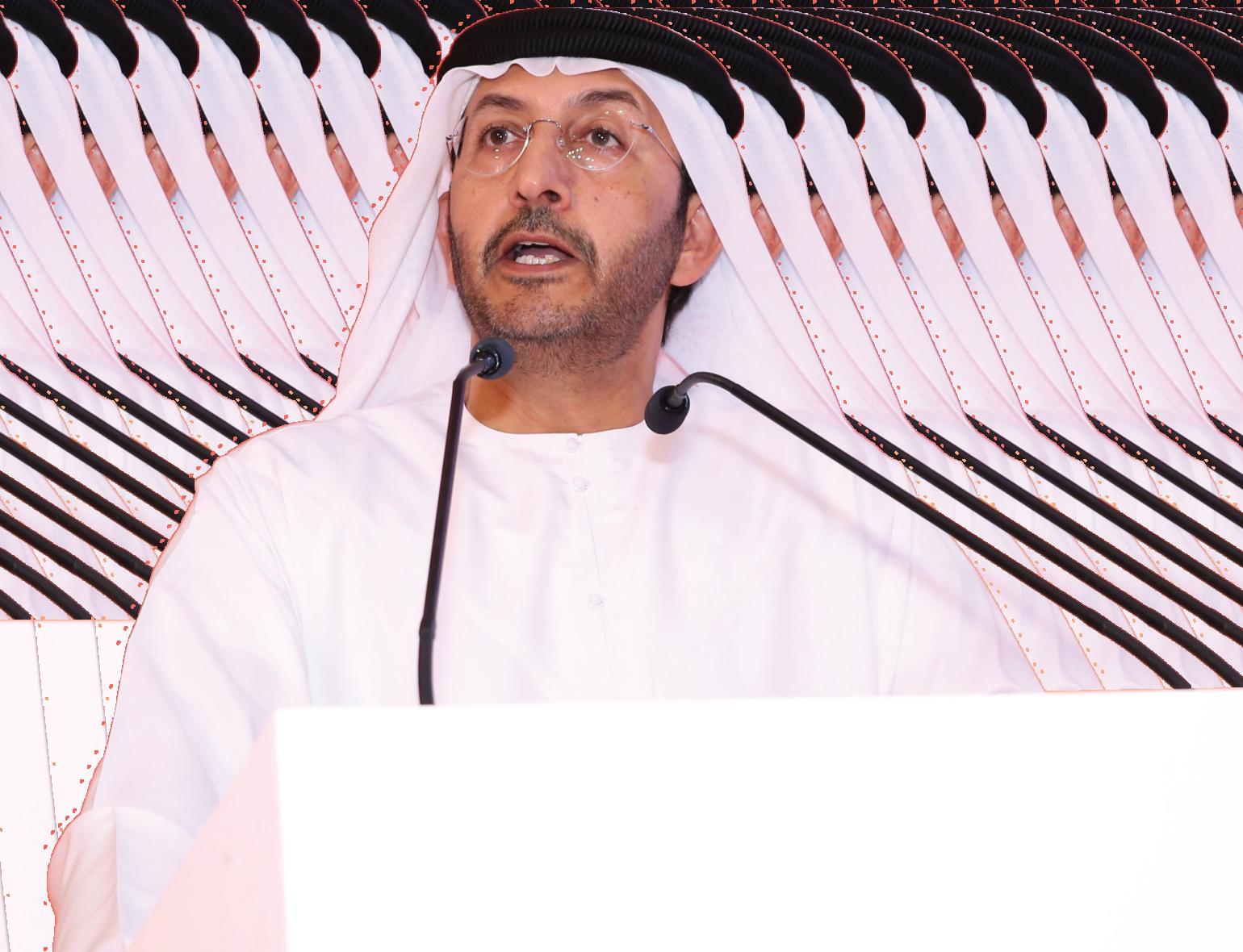

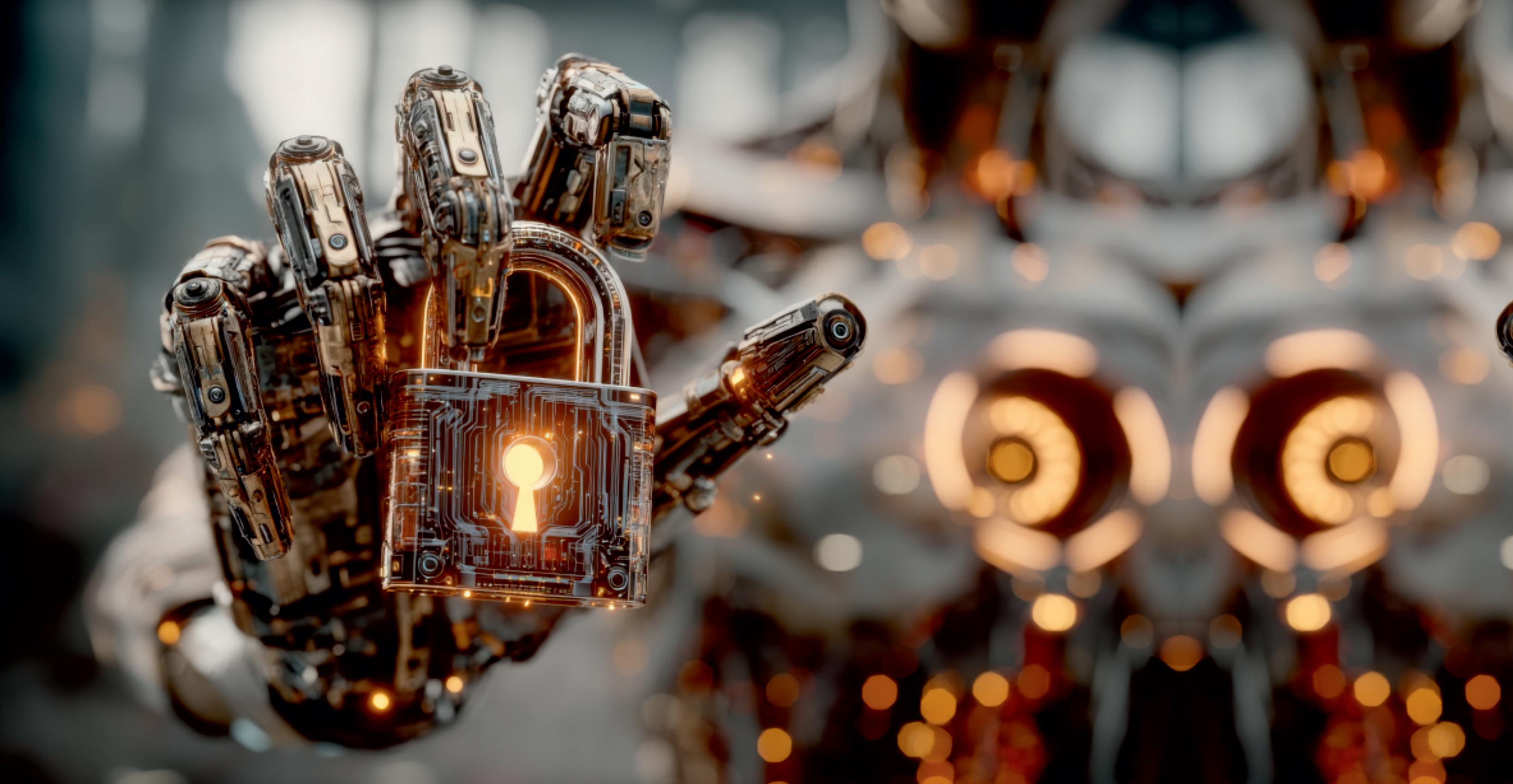
As cyber threats become more advanced, organizations are considering the use of cybersecurity automation tools to strengthen their defenses.Suchsystemsnotonlyincreasethelevelofsecurity but also make the work of teams work radically differently, significantly reducing manual labor and response time.This article addresses major actors, advantages, risks, and new directionsintheautomationofcybersecurity
Traditional Security Operations Centers (SOCs) faced the problem of alert fatigue for years: constant manual triaging, false positives, and disparate tools, which did not allow promptaction.Toolsaimedatautomatingcybersecurity,such as Security Information & Event Management (SIEM) and SOAR,easethisloadbyautomating(more),reacting(more), and performing activities (more). Use of automated systems allows SOC analysts to give attention to strategic threats insteadofroutinenotifications.
In addition, human defenses are no longer sufficient as attackers are automated using AI. Automation serves as a powerful force multiplier, enabling organizations to counter AI-driventhreatswithAI-drivendefenses.However,itisnot a fully autonomous solution, as expert oversight remains essentialtoguide,validate,andrefineautomatedactions.
Here’s a rapid-fire overview of top cybersecurity automationtoolsshapingtoday’sdefenselandscape:



• IBMQRadar(SIEM/SOAR)
QRadarautomaticallyidentifiesincidentsandprioritizesrisks through analytics and automated playbooks, which makes busydaysmuchlessstressful.
• PaloAltoNetworksCortexXSOAR
The Cortex XSOAR provides streamlined incident coordination and automation, with fully customizable playbooks,supportofhundredsoftools,andintegrationinto theSOARplatform.
• SplunkPhantom/EnterpriseSecurity
Splunk ES offers profound analytics, and Phantom manages case management and orchestration. They both automate workflows, alerting, and threat hunting, but complexity and costarebarriers.
• Tenable.ioandQualysCloudPlatform
They are automated tools that conduct vulnerability checks, continuous checks, and remediation planning, which are the corecomponentsofproactivethreatprevention.
• Ansible&Puppet(ConfigurationManagement)
They are useful in DevOps, but they also automate security baselines, patching, and compliance, keeping secure configurationswithinenterprises.
• Darktrace&AI-drivenXDRs
Anomaly detection with the help of self-learningAI and the capabilityofautomaticcontainmentisleveragedbyplatforms suchasDarktrace.Thesenew-agetoolsareopeningthedoor tothefutureofdefense.
Challenges&Cautions
Althoughpromising,cybersecurityautomationtoolsarestill a long way from being plug-and-play The process of integrating platforms such as Cortex XSOAR and Splunk is also complicated, demanding extensive planning, configurationskills,andvaluabletime,whichmaybecomean actual challenge to smaller or less-resourced teams. The economic and expertise requirements of leading-edge platforms like Splunk ES and QRadar are also a challenge, whichcanrequirespecificpeopletohandleandmonitorthem properly
Another crucial thing is trust. Although there is a growing acceptanceofAI-basedcybersecurityamongexecutives,the samesurveycarriedoutbyTechradarfoundthatonlyonein every ten security analysts has complete trust in automated tools.Closingthisdividewillnecessitatemoreexplainability andtransparencyofthealgorithmbehaviorofsuchsystems. In addition, attackers are now adopting automation as well andcanuseittoexpandandacceleratetheirthreats.Thisisan arms race where defensive automation has to keep up in speed.
Automationandmachinelearningareusedbyplatformslike ReliaQuest GreyMatter and vulnerability detection models thatuseAItoprovidefastanddata-drivenincidentdetection andresponse.TheDevSecOpsarenaisexperiencingaradical shift in the practicality of penetration testing, as effective human control is still a necessity because AI tools such as PenTest++ are automatically creating tests and finding possibleexploits.Standardizedautomationprotocols,suchas SCAP frameworks and IEC 62443 standards, are becoming more notable in facilitating interoperable, policy-based securityautomationinindustrialcontrolsystemsandcritical infrastructure.
In the future, projects such as Google Big Sleep herald the advent of autonomous cyber-AI, or systems capable of identifying,investigating,andblockingthreatsindependently of direct interaction with the human operator, a significant stepintermsofcyberspaceprotectionofapreventivenature.
Cybersecurity automation tools are no longer optional improvement addons; they are now key defenses.Although powerful,effectivedeploymentneedsastrategythatincludes selecting the right tools (SIEM, SOAR, EDR, XDR, vulnerability scanners, configuration enforcers), building analysttrust,andmaintainingcontrol.Thefutureholdseven more autonomy: self-testing, non-UI AI agents, and standards-drivenpolicies.
Nevertheless, the cardinal rule remains that technology can support and enhance cybersecurity efforts, but it cannot replace the critical judgment and expertise of human professionals. Teams with a mastery of automation will be able to stay ahead of the evolving digital threat and respond rapidly,intelligently,andwithresilienceaswegobehindthe firewall.


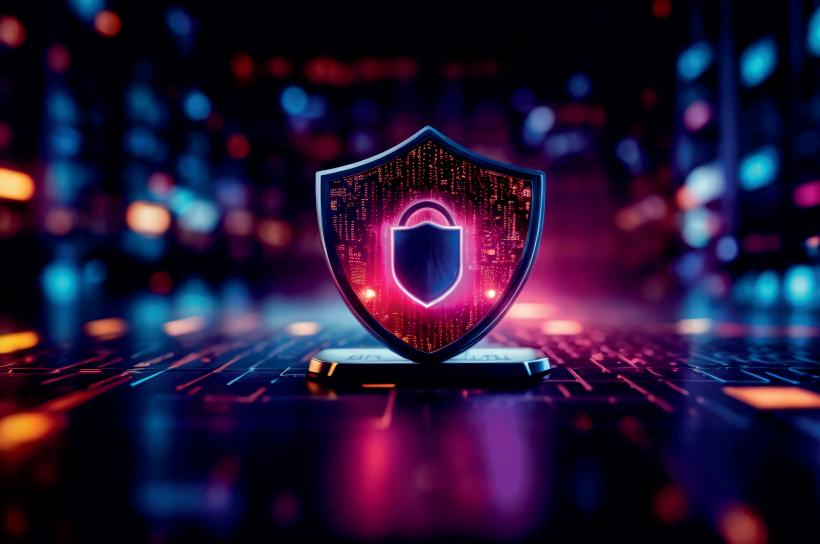
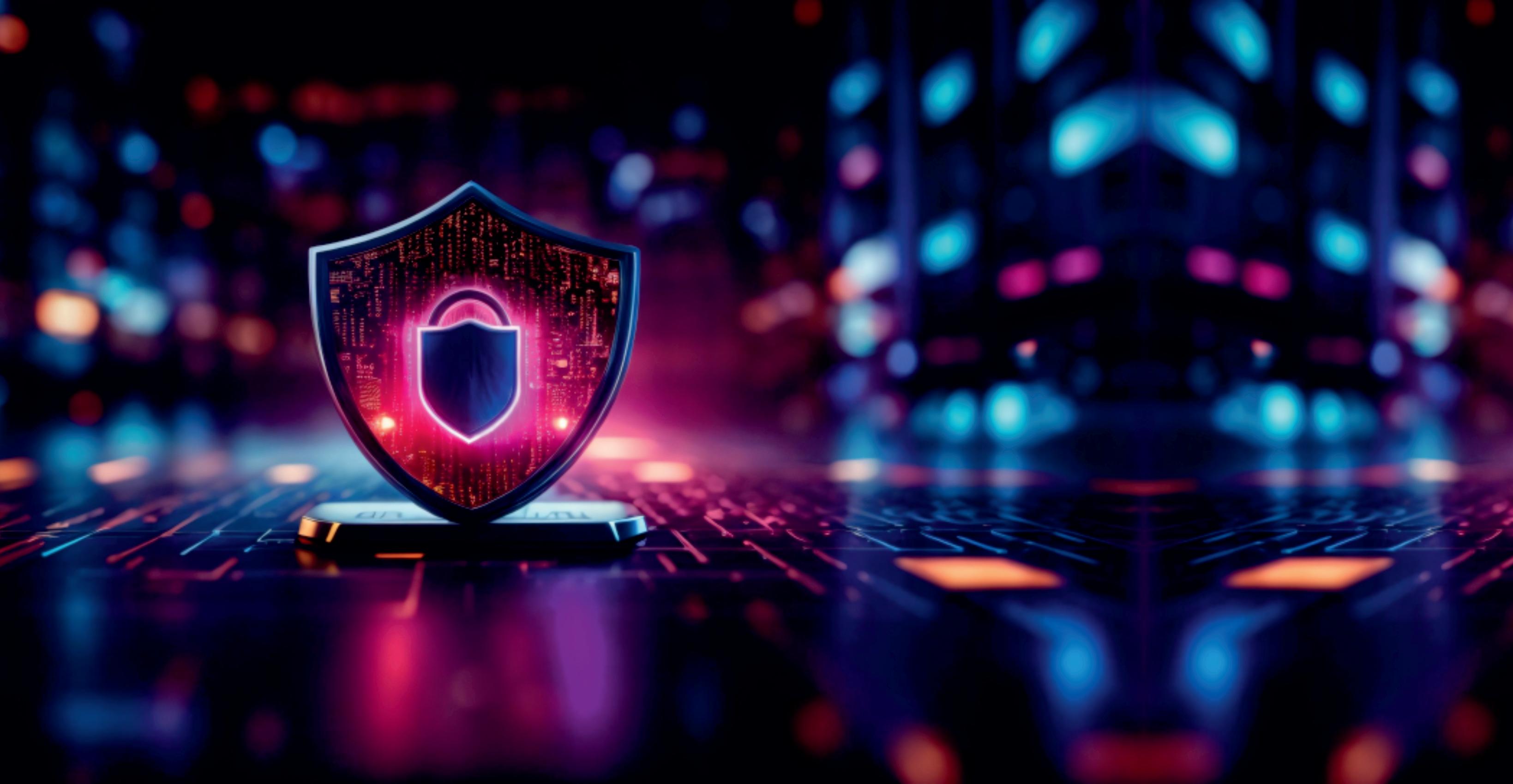
Data protectionis no longer a legal complianceissue in an age characterized by the growing digital footprintandever-morecomplexcyberthreats,buta strategic pillar Companies must now gain stakeholder confidence through ensuring data security that is not only “trusted but tried” but also through unprecedented levels of technical innovation, governance, measurement, and regulatorypreparedness.
Institutionalizing Data Protection: Governance as Bedrock
Governance frameworks on data protection are now fundamental.Accordingtoarecentscholarlyreport,thereis significant value in rigorous frameworks that bind risk management, access control, data quality assurances, and compliance procedures, such as GDPR, HIPAA, and CCPA. Companiesthatintegratethesestructures,suchasvendorand breachchecks,datamapping,andprivacyimpactassessments (PIAs), show significantly higher data responsibility and resilience.
Organizational leaders are no longer interested in implementing privacy programs as check-the-box activities. AccordingtothebenchmarkresearchconductedbyTrustArc in 2025, organisations that monitor their privacy using KPIs (includingthenumberofbreaches,timetotriagedatasubject accessrequests(DSARs),andthenumberofprivacyimpact assessments (PIA)) achieve a 100-point privacy maturity rating,comparedtothelikesof55pointswhennometricsare shown. Just one in five firms is taking advantage of commercialprivacyplatformsasmuchaspossible,butthose have privacy index scores averaging 78%, as compared to 54% in average use by those using open-source or manual tools.


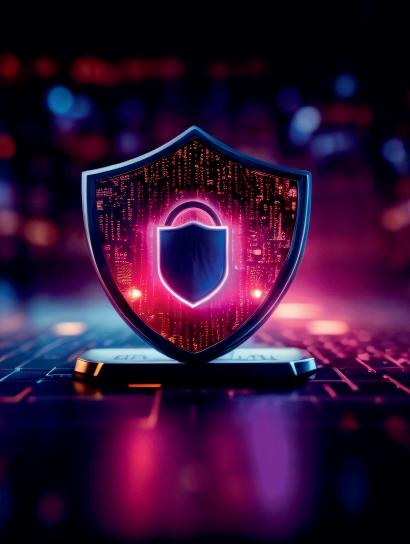
Contemporary data protection requires automation Compliance platforms powered with AI, as provided by TrustArcorOneTrust,allowreal-timeriskdetection,tracking consent, and automating reporting across rapidly changing regulatory landscapes At the same time, zero-trust Architecture (ZTA) with strong identity control and active verification has become a paradigmatic standard, not a best practice alternative. ML-driven threat detection tools, extended detection and response (XDR), and anomalydetection systems are assisting in accelerating breach detection and response within organizations, including by decreasingthedurationofdetection.
Evolving Technical Standards and Privacy-Enhancing Technologies(PETs)
Technical frameworks protecting and ensuring compliance are enhanced by new standards such as ISO/IEC 27040 (Storagesecurityandbackupsystems)andNISTSP800-209. In 2025, Privacy Enhancing Technologies (differential privacy, homomorphic encryption, secure multi-party computation, etc.) are becoming more piloted and allow for making data processing safer without larger utility losses. BarriersEnterprisesarealsoimplementingdatacleanrooms anddecentralizedidentityframeworkstofacilitateprivileged, secure data sharing with partners without compromising personalprivacy
Resilience as Compliance: DORA, NIS2 and Cyber Resilience
Alongside privacy regulation, emerging standards, such as the NIS2 Directive and Digital Operational Resilience Act (DORA)intheEU,arealsopushingtheenvelopeonaspects of availability, incident reporting, and supply chain protection Such regulations require organizations, particularly those in critical services and finance, to prove incident readiness, keep the business-continuity procedures, and make the investment in cyber-resilience measures. Privacy leaders are also supposed to handle not only confidentialitybutalsointegrityandavailability
RegulationsandGlobalHarmonization
There is a new frontier of data privacy laws being enacted. India offers the Digital Personal Data ProtectionAct (2023) by example, now requiring the aspect of fiduciary duties, penalties,andfinesongaps,andanewDataProtectionBoard to adjudicate. Simultaneously, the European GDPR and the
Californian CCPAare inspiring more than a dozen states in theUnitedStatestocreatetheirownregulation,resultingina Swiss-inessthatisleadingtothecalltoharmonizethrougha new proposed Global Data PrivacyAlliance (GDPA). Many organizations are adjusting to these international guidelines, suchasISO27701,APECCBPR,NymityPMAF,andothers thatmakeaccountabilityresultoriented.
There is a growing demand for cyber insurance due to the rising breach expenses and ransomware attacks. In modern premiums,validationofrobustsecurityposturesmatters,with immortal backups, incident-response planning, and XDR deployments all being solid underwriting factors. Firms negotiating coverage have an obligation to demonstrate vetted capabilities, continuous back-ups, immutable vaults, and disaster recovery drills, which indicate reliable data protection.
The stakeholders are already leaning towards organizations that have been able to integrate governance, measurement, robusttechnicalcontrols,resilienceplanning,andcompliance with regulations.TrustArc statistics indicate that close to 47 percent of stakeholders currently trust the data protection of trusted organizations unreservedly- an increase that is stunning compared to last year Businesses that support strategy with quantifiable outcomes not only fear fines but also stand out as brands encompassing privacy ethics and regulatoryexcellence.
The new standard of data protection is a combination of governance maturity, quantitative KPIs, sophisticated controls (AI, ZTA, PETs), and regulatory-aligned resilience activities. To be trusted and tested does not merely imply checking off compliances; it means the incorporation of privacy and resiliency at every organizational stratum, including technical, procedural, legal, and cultural. Those organizations that use governance frameworks as their strategic infrastructure, implement platform-based privacy tools and metrics that can be enforced, and demonstrate incident readiness are the new standard-setters-they are turningprivacyintoacompetitiveedgeratherthanaliability.






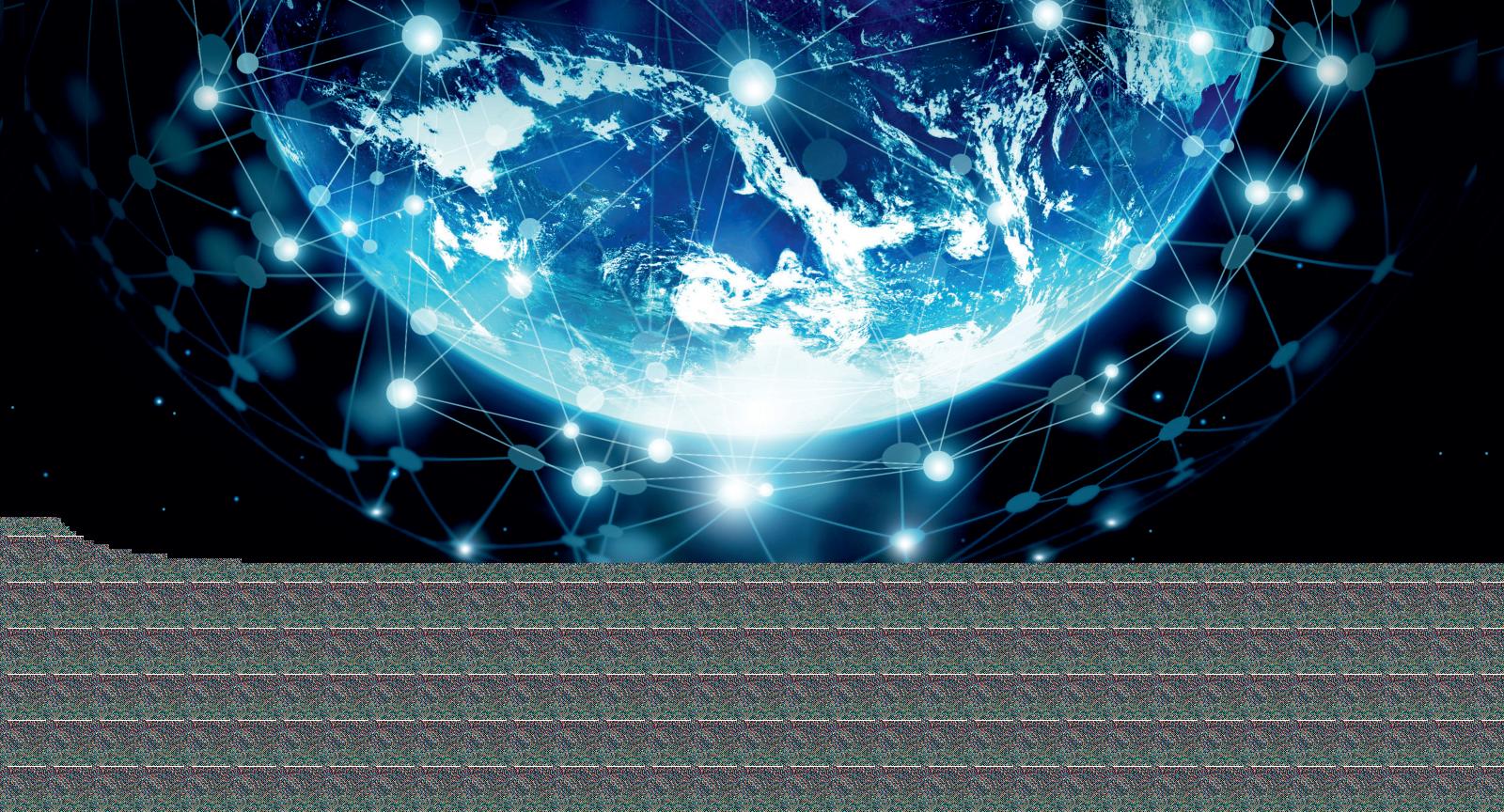
www.insightssuccessmagazine.com











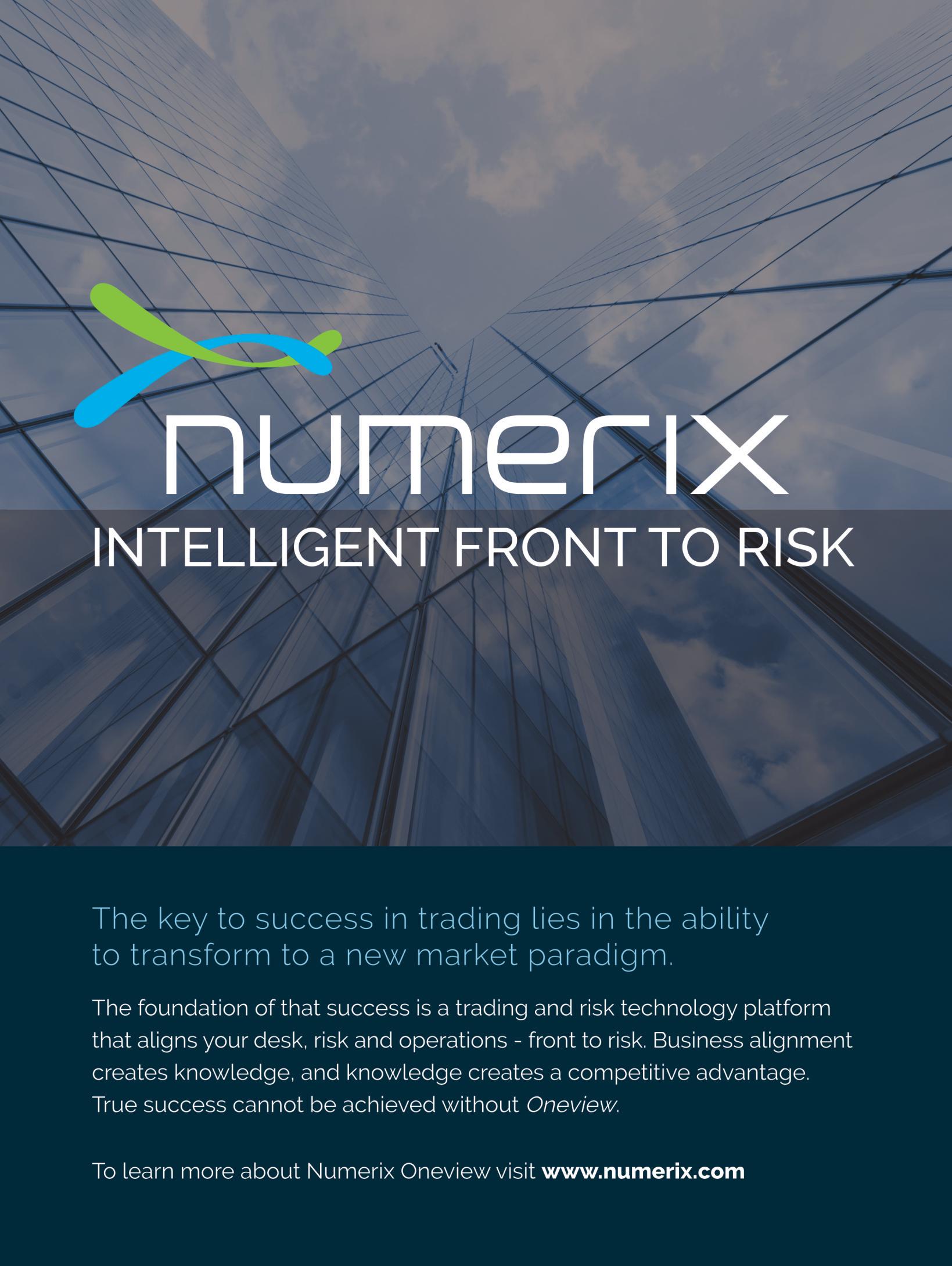





www.insightssuccessmagazine.com
www.x.com/insightssuccess